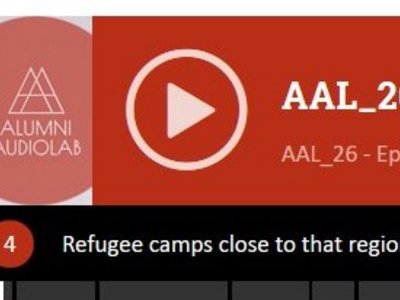

Sara Kaweesa grew up on a farm in Southern Uganda. Her parents were smallholder-farmers as many people in rural regions in Uganda. The yield was small but steady. Today Uganda’s population is growing fast. About 70% of the people are younger than 14. This brings a lot of new challenges for food security and agriculture.
Sara Kaweesas life is a mix of theoretical research and bringing all these findings and new knowledge in practice. She was a North-South scholarship holder in the mid-2000s and earned her Masters degree from the University of Natural Resources (Boku) in Vienna. More than 10 years later she came back for her PhD at the Centre for Development Research/CDR also at Boku. Sara conducted research on how to apply conservation agriculture in the Lango region in Mid-Northern Uganda, which is recognized for its potential to become Uganda´s grain basket.
It was not always easy as she didn´t speak the language of the region and because it is not easy to get in touch with the farmers as an academic in general. But Sara is not known for giving up so she is just about finishing her PhD in autumn 2019.
In this podcast she unveils the secrets of conservation agriculture – sometimes also known as farming god’s way – and talks about her community projects, for example bringing fireless cookers to Ugandan families to save energy and time. The idea to these fireless cookers came from an old woman in Austria who she met a while ago.
